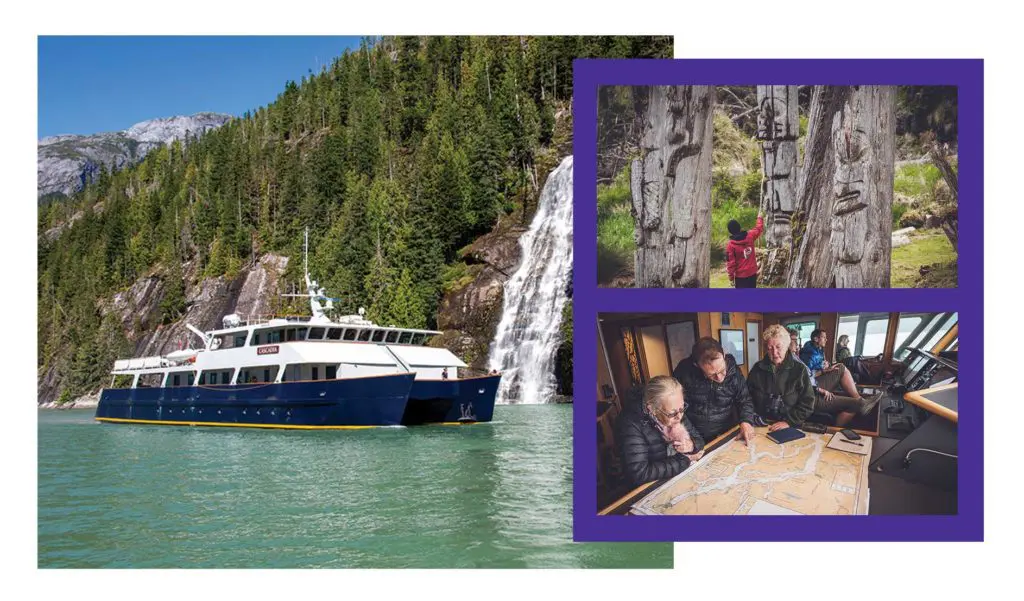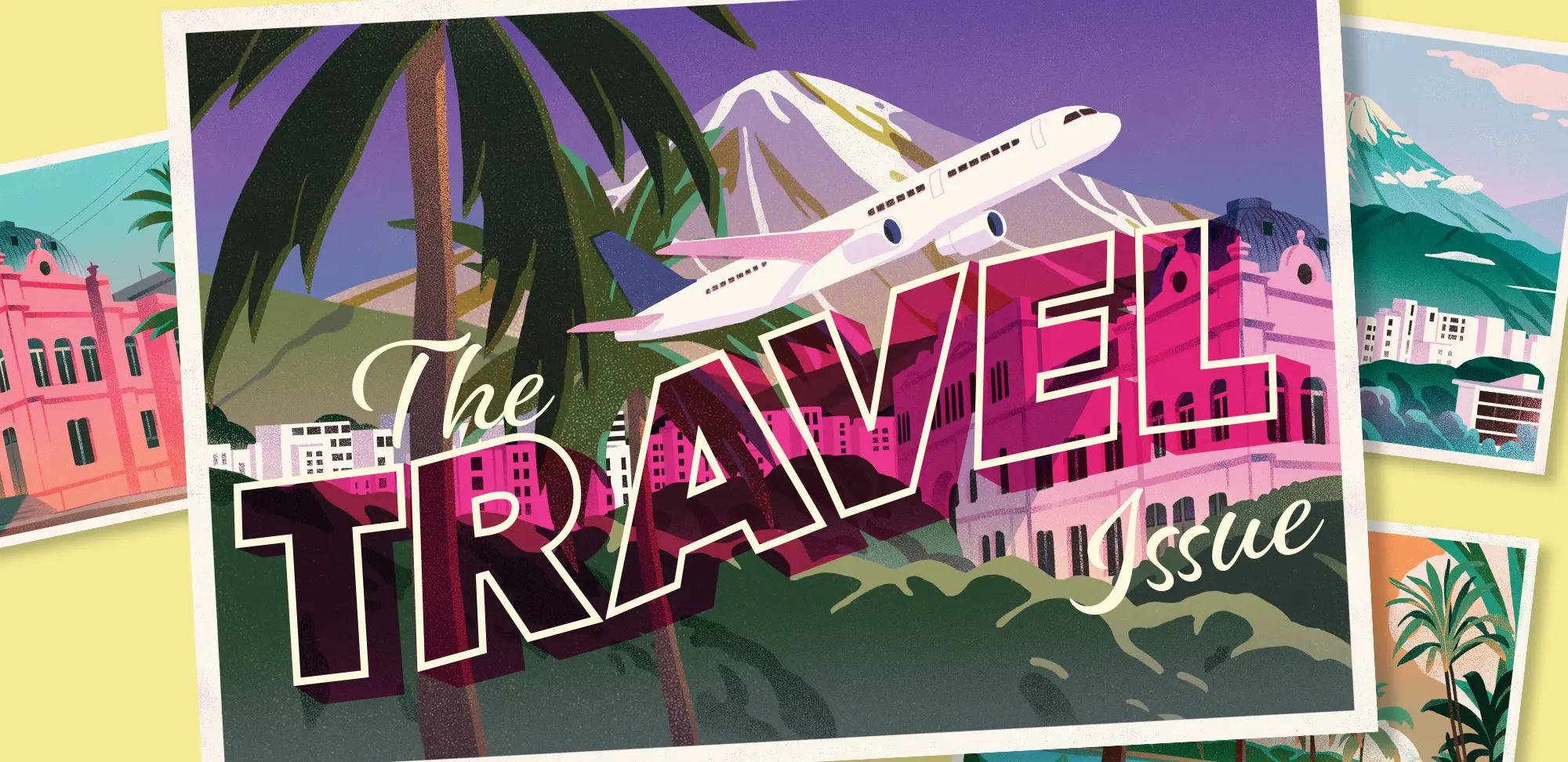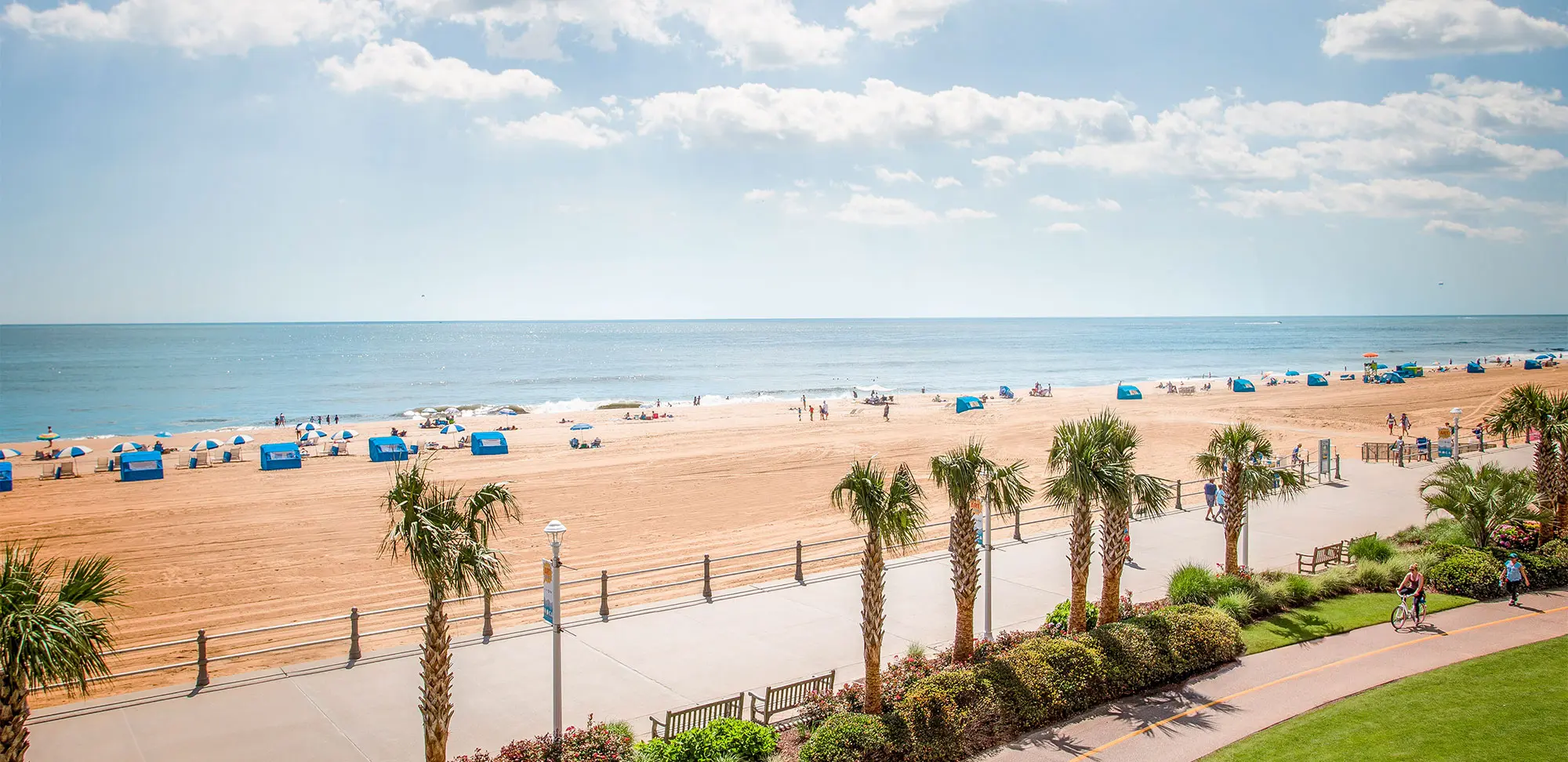“Sustainable tourism” is a buzzy phrase these days, and as we emerge from pandemic travel restrictions, it’s no surprise that more and more of us are building sustainability into our travel plans. A 2022 survey from Booking.com showed that 76 per cent of us say sustainable travel is important.
According to the United Nations World Tourism Organization, sustainable tourism “takes full account of its current and future economic, social and environmental impacts, addressing the needs of visitors, the industry, the environment and host communities.”
Simply put, travelling as a world citizen means packing light, reducing your carbon footprint and exploring a destination while respecting — and supporting — the people, culture and environment.
The Global Sustainable Tourism Council says the goal isn’t only to reduce the negative impacts of travel, but to actually contribute to outcomes from job creation to heritage preservation.
For many travellers, the environment is an obvious focus. Some embrace ecotourism, which revolves around experiencing and learning about natural areas. “That’s rewarding in itself and can be part of raising consciousness to think more deeply about the world around you,” says Adam Weaver, professor of hospitality, tourism and sport at Niagara College in Ontario.
Ecotourism also focuses on doing trips in an ethically managed way. Maple Leaf Adventures in Victoria, B.C., which runs expeditions along Canada’s West Coast, limits their number of guests, builds no structures and leaves nothing behind in the natural areas they visit. They provide skilled employment for local people, have protocol agreements with coastal First Nations, and supply their ships in local ports.
Environmental concerns can influence other travel decisions, like staying closer to home, taking the train instead of driving, or choosing accommodations with green best practices. No matter the trip you take, you can buy carbon offsets to mitigate the associated greenhouse gas emissions. Several organizations and airlines offer that service.
Choosing an eco-trip or being mindful of the impact of getting to your destination count, but so does every other decision you make as you plan your holiday.
Sustainable travel is connected to the idea of ethical consumption, points out Karla Boluk, associate professor in the Department of Recreation and Leisure Studies at the University of Waterloo. “Every time we spend money on food, accommodations or activities, there are responsible and ethical choices,” she says.
It’s tempting to look for familiar stores or restaurants when you travel, but you didn’t decide to leave town so you could feel like you were still there, did you? Travel is about new places and new experiences, so shop and dine at locally owned stores and restaurants. When you book your holiday, ask your travel agent if the hotel you’re considering trains and employs local people, offers decent working conditions and pays fair wages, sources locally and invests in the community. Look for third-party sustainability certifications. And use your Spidey senses to sniff out claims that are simply marketing.
“People need to understand whether the organization they’re booking with is doing the right thing for the area they operate in as part of their mission, or whether it’s a sales tactic,” says Kevin Smith, an owner of Maple Leaf Adventures.

Tourism should broaden your horizons, not flatten someone else’s culture. So think of socio-cultural sustainability too. Some mass tourist development has shunted aside local culture, or co-opted it to treat customs/rituals/places like a theme-park sideshow. With more sustainable travel, the businesses involved in culture are either majority-owned/operated by members of that community or work closely with those communities to create authentic cultural experiences.
Here’s another way to frame your travels: What do you take and what do you leave? Keith Henry, CEO of the Indigenous Tourism Association of Canada, hopes travellers take away learning and understanding while leaving a net positive impact.
“Are you spending money on Indigenous-owned experiences or experiences owned by a tour operator? Are you taking from the area in a way that creates other pressures? We’re also trying to balance visitor demands with cultural and community sustainability, and that’s a delicate balance,” says Henry.
Beyond formal events and activities, you can also experience cultural appreciation by simply interacting with residents rather than maintaining two solitudes. That’s harder when travellers choose “enclave tourism,” where everything happens in a self-contained environment, segregated from the surrounding locale.
“The foundation of tourism is nature and culture. If you diminish or destroy either, you don’t have a product,” says Daniel Scott, a professor in the Department of Geography and Environmental Management at the University of Waterloo.
When you consider sustainable travel in its broadest context, it’s easy to see how seemingly small choices can have a positive impact, says Richard Butler, a retired academic and researcher who focused on tourism, resource management and conservation and is now based in Prince Rupert, B.C.
“You don’t have to be perfect; you just have to be a little bit better. We’ve picked up on the idea that holidays are where we escape from reality. But too much, and we escape common sense,” says Butler, co-author of the book Are We There Yet? Traveling More Responsibly with Your Children and contributor to two dozen other books on travel.
Collectively, there are billions of opportunities to make a difference. Pre-pandemic, global travel stood at 1.5 billion international tourists annually, according to the World Tourism Organization. Domestic travel adds billions more. Travel and tourism generate just over 10 per cent of the global GDP.
“That’s the largest voluntary transfer of wealth in the world,” says Scott.
Our cumulative travel decisions and actions are also a transfer of impacts. We live in one big world. Travel brings us together. It can make that world more resilient, or more fragile. Sustainable tourism can ease the pressures on the environment (natural and built), improve economic prospects for local communities and populations, honour their heritage, and help them to protect themselves.
Think about it this way, says Weaver: Our own communities are on someone else’s travel plans. “In a globally connected world, origins are destinations, and destinations are also origins,” he says.
Consider Banff in Alberta, says Scott. It’s as precious a destination as Machu Picchu in Peru. We wouldn’t want tourism to harm the economies, lakes or cultural heritage in our own backyard, would we? So why would we want that to happen anywhere else?
Sustainable tourism can make an indelible impression on you and the places you visit, now and into the future. That’s always a trip worth taking.










